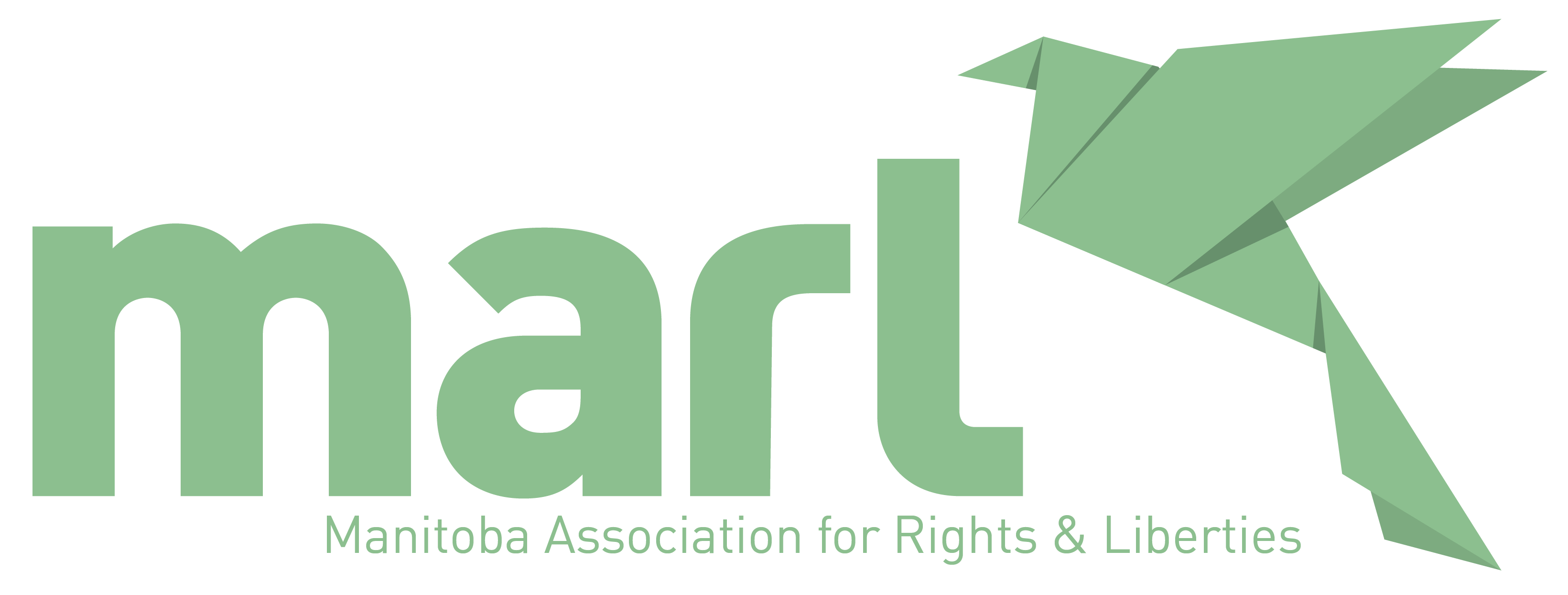October 25, 2018
Geography and Experience: Shaping our Human Rights Education
Learning is a lifelong process which everyone engages with through formal and informal means. We learn informally through our physical environment, personal and lived experience, family and friends, and personal interest. Formally, we learn through elementary, junior high, high school, and university/college education. Human rights education (HRE) is informed through all of these factors, and differs vastly from person to person, region to region.
Formal HRE has incredibly positive outcomes. Asano (2000) argues that formal HRE can lead to social change, improve interpersonal relationships, improve students’ self-esteem, and improve students’ view of the future. Sabelis (2012) argues that HRE can become a mode of empowerment, for both students and teachers, as well as impact social change. The implementation of HRE can lead to more empathetic members of society, awareness of social justice issues, and equality, therefore engaging students to become advocates and aware of civic responsibilities (Osanloo, 2009). Sabelis addresses that spaces for HRE should include the exchange of experiences, and the understanding of cultural differences and equality. This incorporates the importance of informal HRE, which should be encouraged and seen with as much validity as formal HRE. In academia, HRE is overwhelmingly seen in its formal capacity. This indicates that informal HRE may be seen with less value than formal HRE.
In my research, I was able to access interviews with Canadians and Americans regarding broader human rights topics. I wanted to analyze the differences between rural and urban HRE, and North America and other countries. Half of the respondents surveyed expressed learning about human rights in a formal educational setting. This was either in elementary school, junior high, high school, or in a university setting. Out of the respondents that recalled learning about human rights in school, I noticed that they all had grown up in the North American education system. There was little correlation between urban/rural or Canada/America when it came to what age formal HRE began, it was scattered from elementary/high school/university. This can be dependent on how old the respondent is, and what curricula was in place at the time they went through school. Of the Canadian respondents, topics of introduction to HRE included Residential Schools and the Holocaust. American respondents cited Martin Luther King Jr., the American Bill of Rights, and Eleanor Roosevelt.
The other half of respondents I studied received their HRE in an informal manner. I identified five different ways in which people informally learn about human rights. Firstly, HRE can occur as a result of geographical location and human rights issues in your environment. Secondly, human rights can be learned about through personal and lived experiences. This can be further broken down into witnessing human rights abuses or working in close proximity to people whose rights have been violated, or individuals who have experienced human rights abuses. Thirdly, human rights can be learned about through familial value transfers, family stories or experience, or through information relayed through social groups. Fourthly, human rights can be learned about through personal interest or personal research in the topic. Fifthly, some respondents also expressed that they felt their education about human rights was a lifelong topic, and would continue to learn about the topic their entire lives. As well, some expressed that they felt human rights learning was always a part of their lives, and therefore could not pinpoint a specific memory or time when they first learned about the topic. This category had some overlap with informal learning through family.
Formal or informal, HRE is vastly important worldwide to understand how societies work and grow. As well, HRE can have impacts on an individual level, leading to larger societal change (Osanloo 2012). Unfortunately, the lack of literature on informal education, specifically on learning through lived experiences, shows this is not widely accepted in the academic community as something that can be beneficial to HRE. As Osanloo suggests, a sense of empathy is created by including informal ways of learning such as sharing and recognizing experiences, family knowledge, and cultural knowledge. So much of society fails in having empathy for others, and through a combination of formal and informal HRE, this could possibly change. Creating relationships in inclusive environments, recognizing the multitudes of ways learning is conveyed, and creating a balance between formal and informal learning are all integral to HRE and fostering an increasingly important sense of empathy.
Maren Tait
Global College Practicum Student
you may also like…
April 18, 2024
From citizens to digital citizens
Social media provide an opportunity to communicate in multiple ways, just as never before in history. Nonetheless, there are dangers and risks as well. We should be aware of them to protect ourselves …
April 18, 2024
Des citoyens aux citoyens numériques
Les réseaux sociaux offrent la possibilité de communiquer de manières très diverses, comme jamais auparavant dans l’histoire. Néanmoins, ils comportent aussi des dangers et des risques. Il faut en être conscients pour nos …





